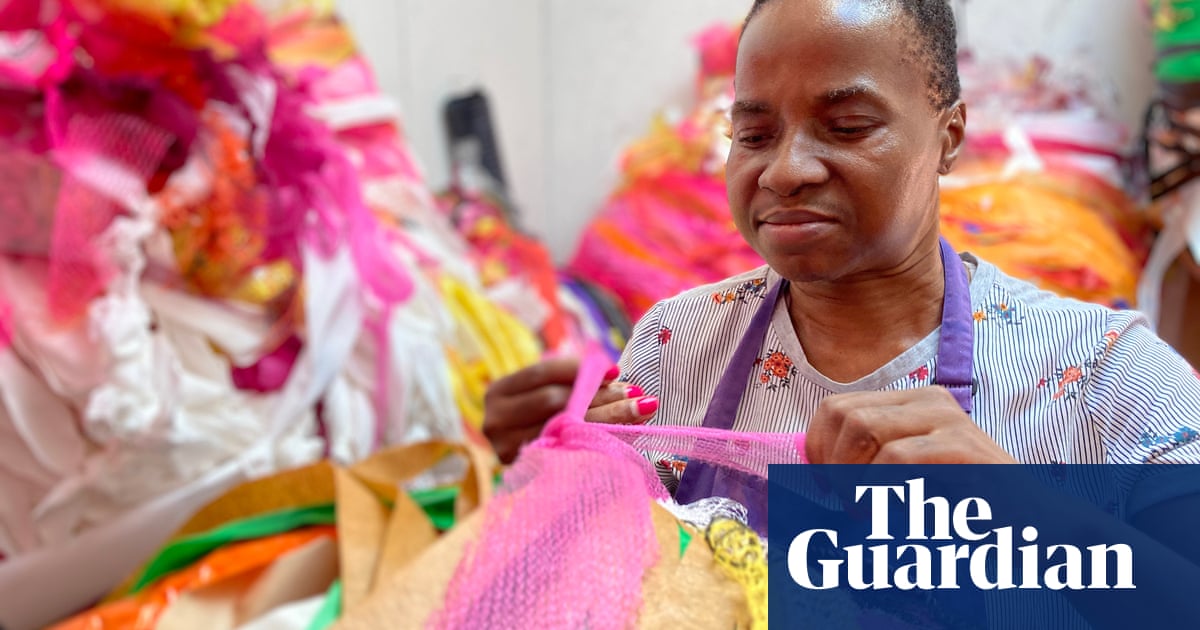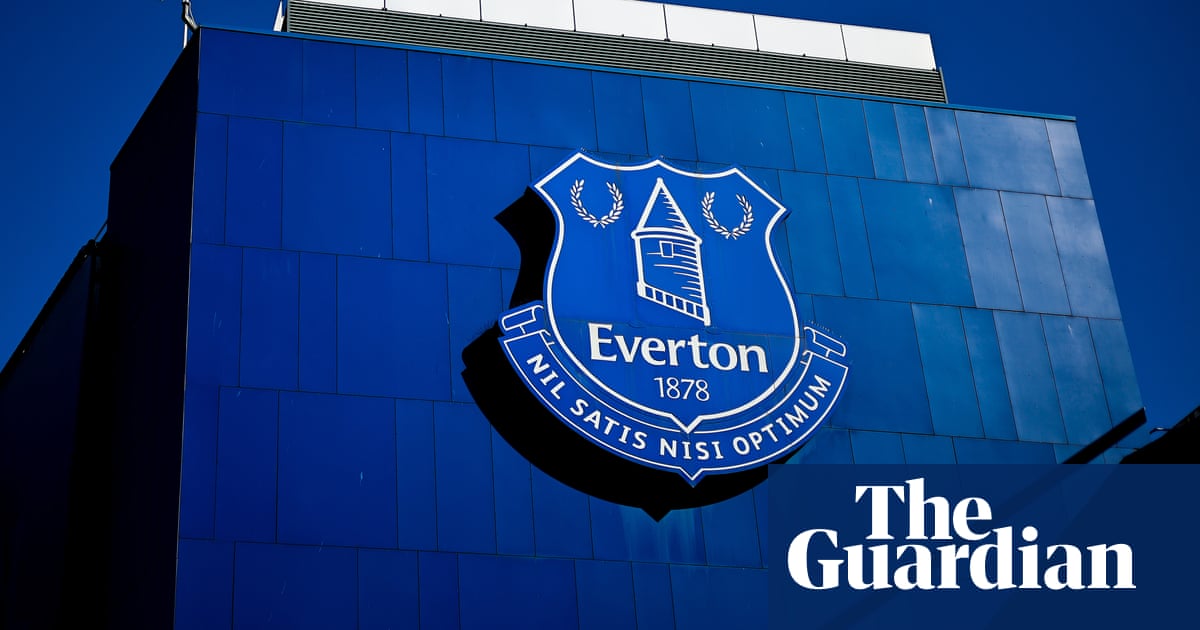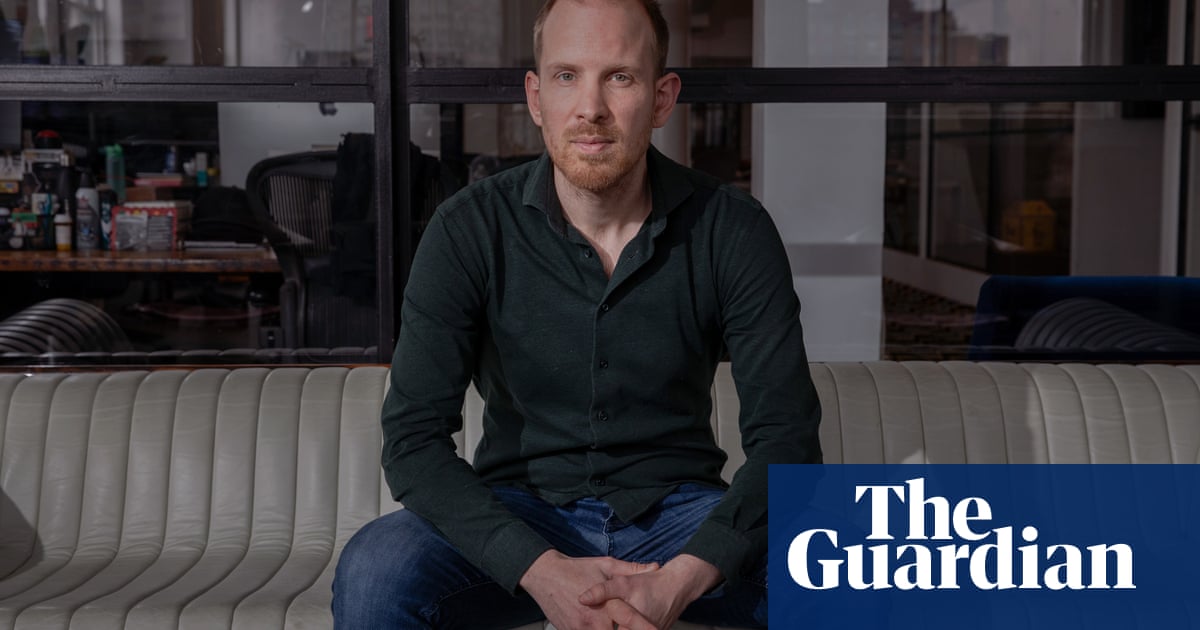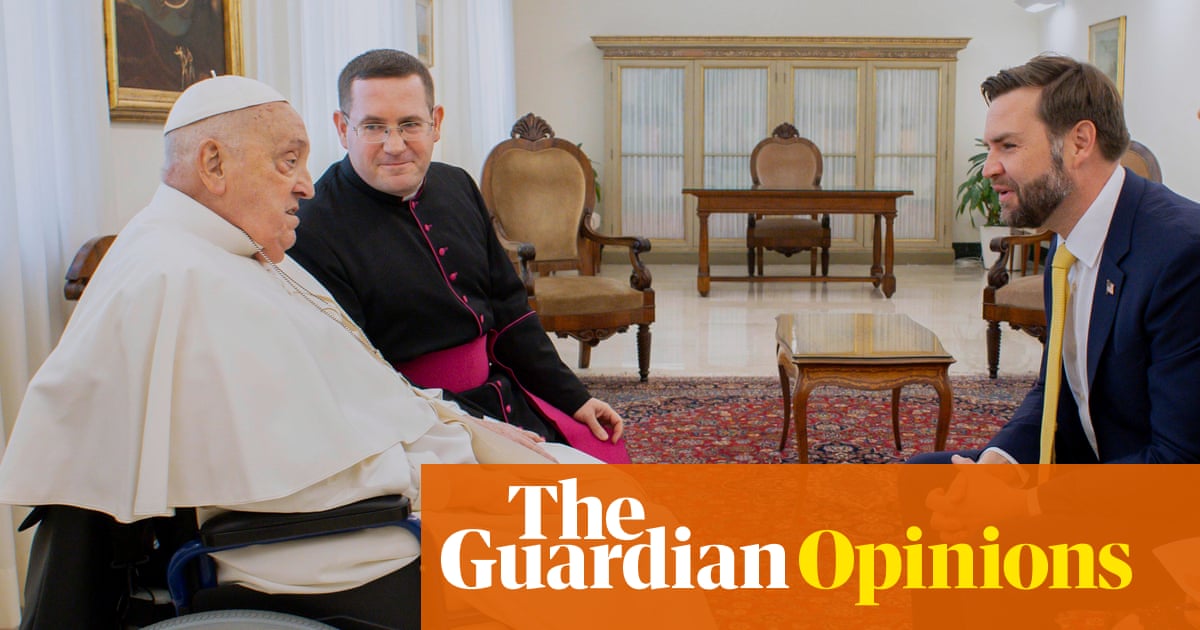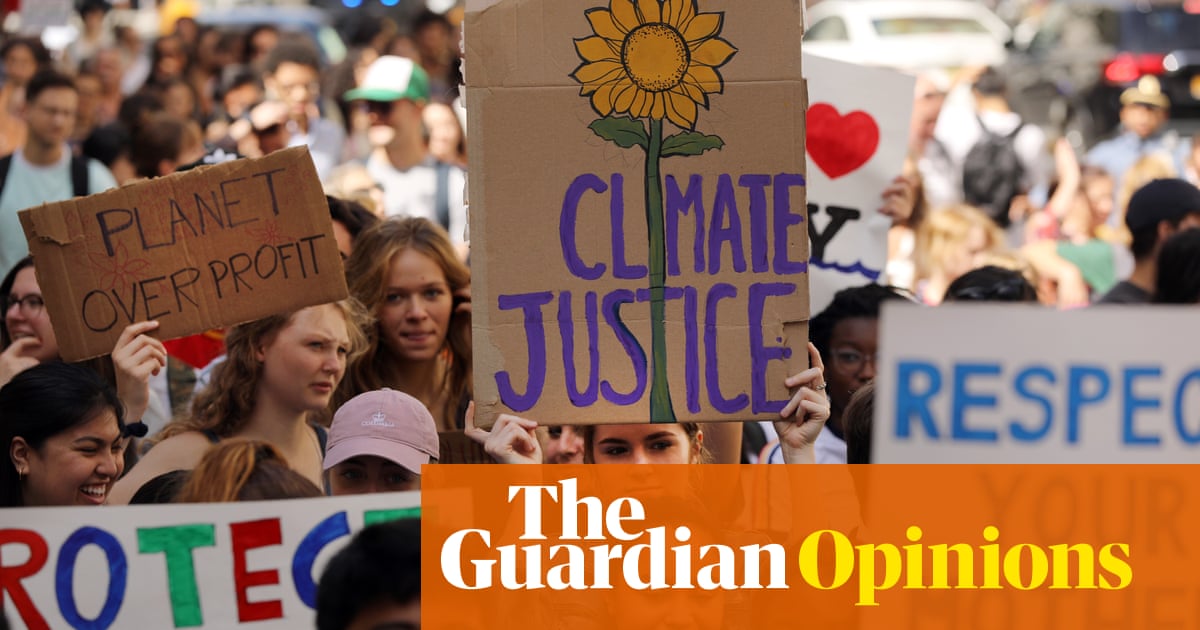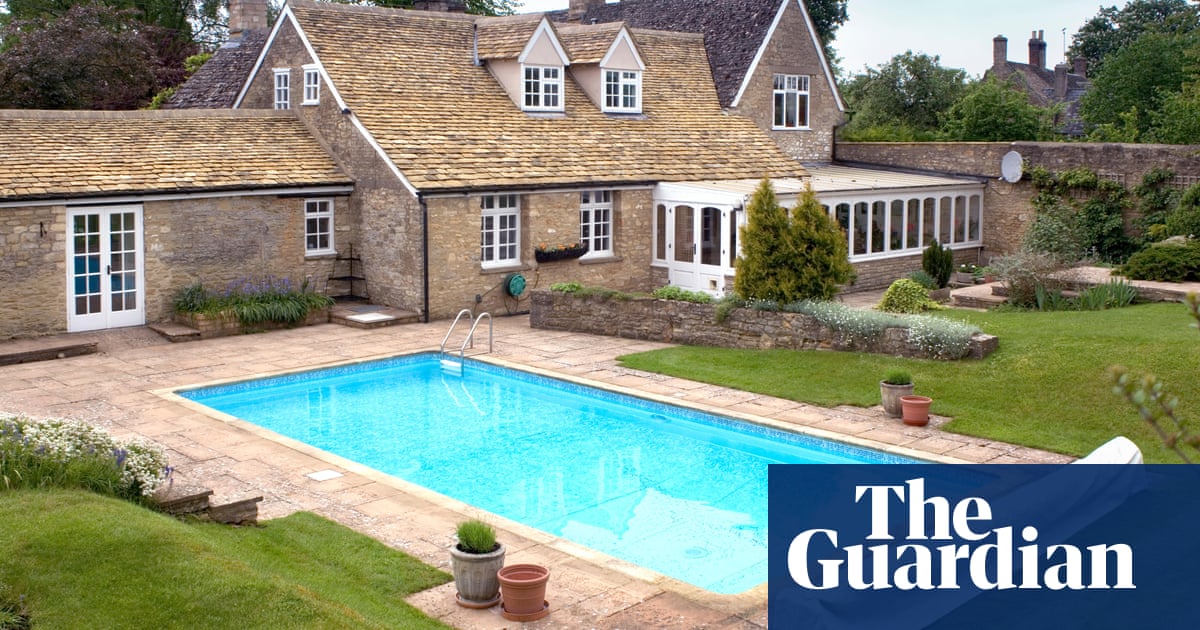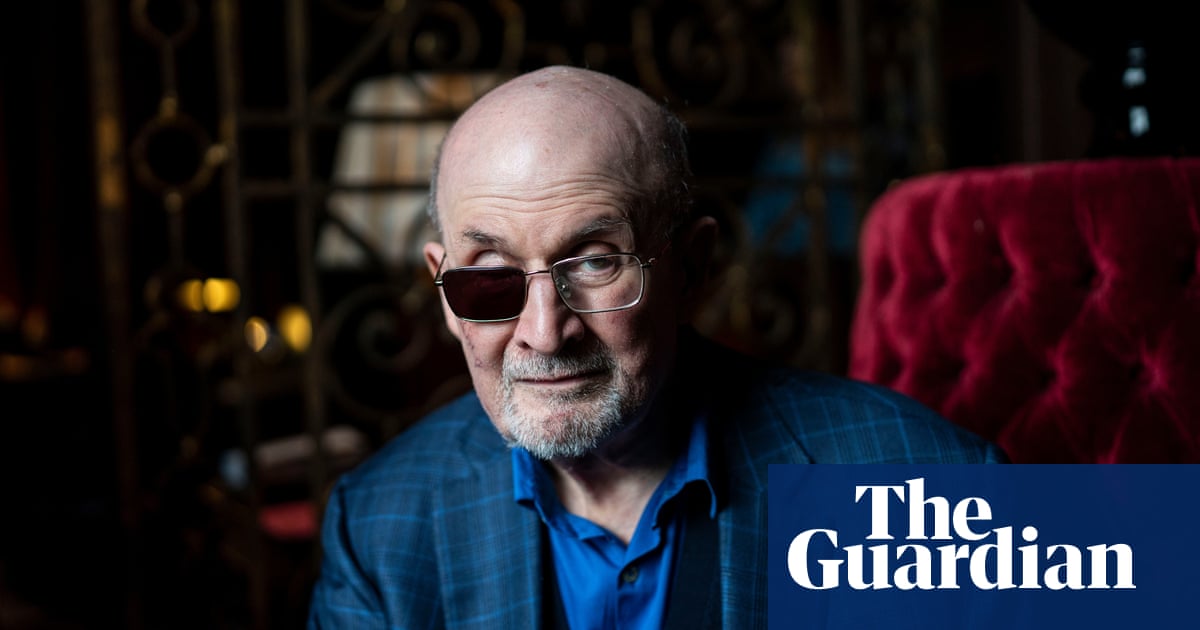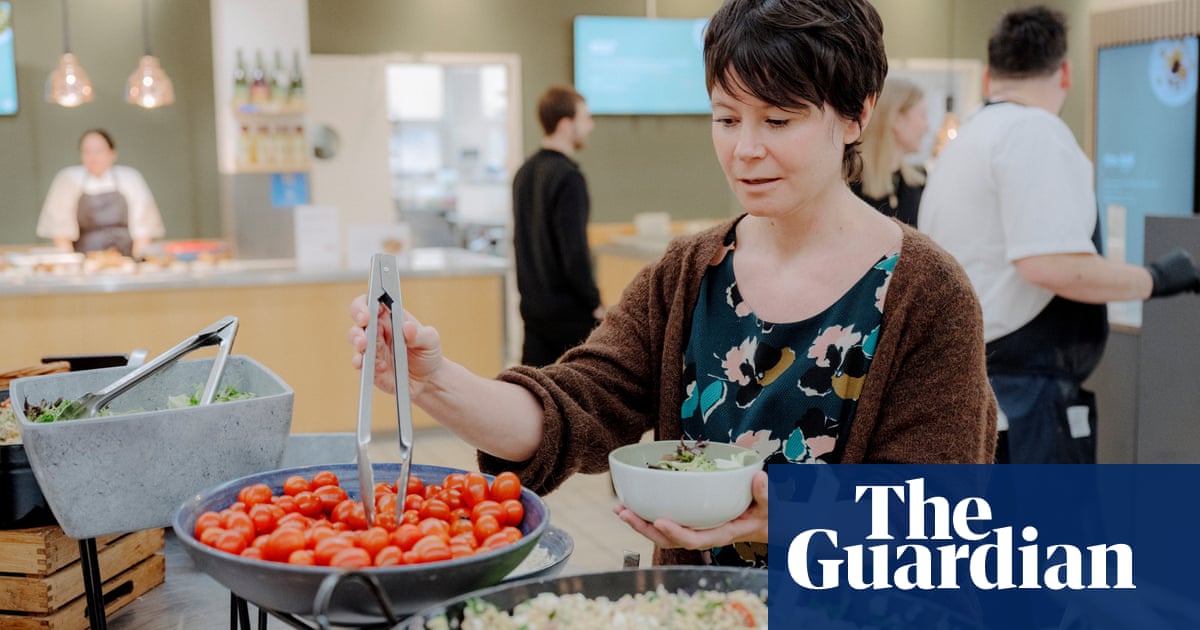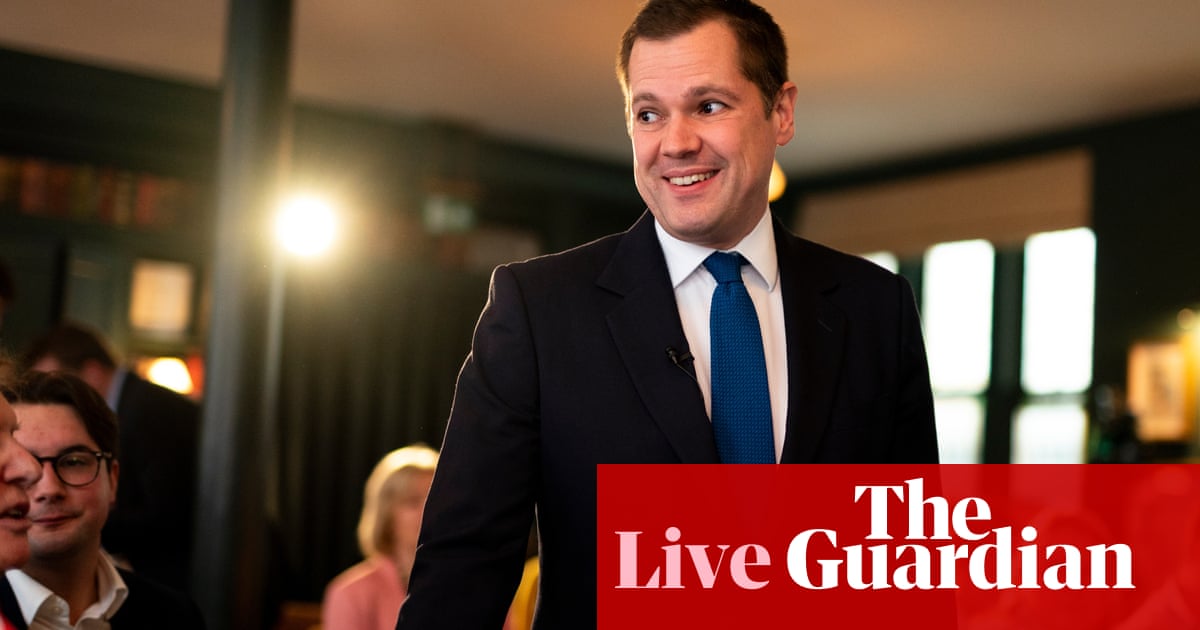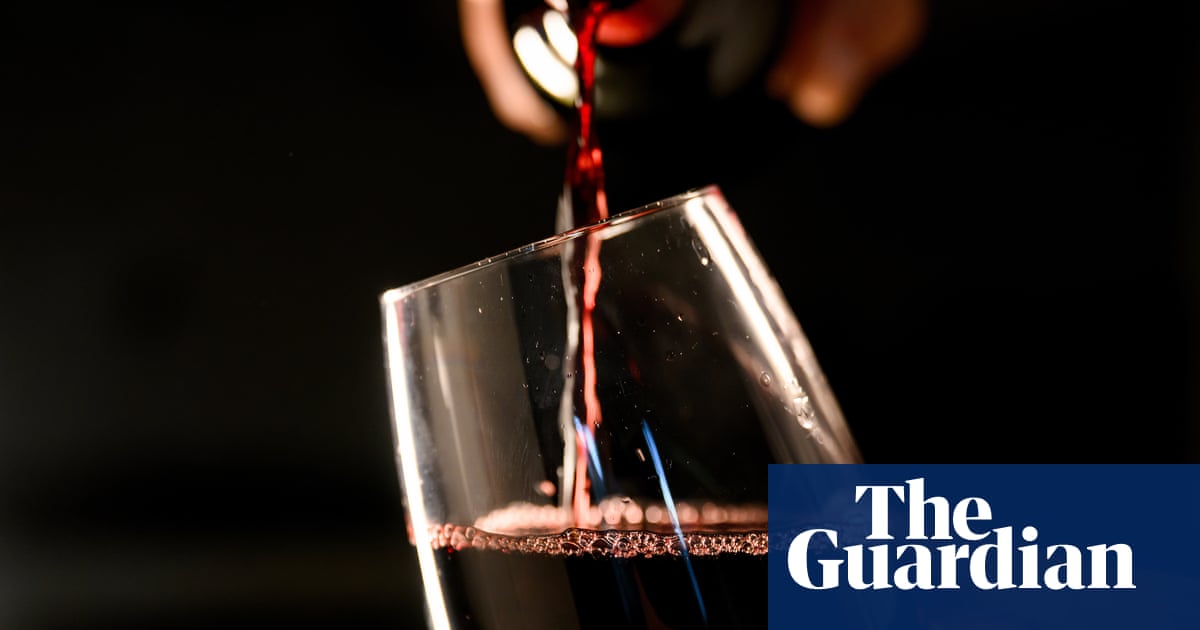If a former director of the National Theatre says that “more harm has been done than good” to the arts by the new Labour government, it is safe to say things have got off to a rocky start. It is hard to imagine a slice of British society more sympathetic on principle to Labour than those working in the creative sector. Hopes were high: Keir Starmer made a powerful speech on the arts before the election. The culture secretary, Lisa Nandy, began by doing everyone a service by unilaterally declaring the end of the culture wars – perhaps something not entirely in her gift, though it’s clear she was calling time on the endless spitting and sniping at the “woke” arts favoured by the previous government. And yet: all I hear is disappointment and desperation, and not only from Nicholas Hytner. There is a void where policy and action should be. In a speech in Gateshead in mid-January, Nandy promised to “turbocharge” the creative industries, but failed to mention theatre and museums, art or artists, in any meaningful way. Much of the £60m funding she announced was repackaged money.
The Labour government has no dedicated arts minister. Instead, Chris Bryant’s role is split between two ministries: he is minister for data protection and telecoms, and minister for creative industries, arts and tourism. There is no sense that Labour has yet grasped the delicate interconnected forces that underpin the arts. It is not OK to shove everything together, from ballerinas to florists, into a thing called “the creative industries”. The arts are different, and they need attention.
What’s required is a subtle sense of how provision of arts in schools, and in communities (theatres, libraries, museums) can create opportunities for children from all backgrounds. There are clear indirect benefits from children’s engaging in the arts at any level, from wellbeing and health to educational outcomes. But routes to elite training are also vital – which means flourishing youth programmes, conservatoires and art schools. Artists then need to have the right conditions to make work as professionals, which means regional and national theatres, concert halls and performing arts groups with the capacity and risk-taking appetite (which means financial stability) to commission them.
Flourishing arts organisations in communities create economic benefit and a local sense of pride. That work, eventually, feeds into broadcasting and the commercial sector – productions go to the West End, writers to the BBC and Netflix, actors to Hollywood; overseas film productions are attracted by British music studios and special-effects houses. This is an extremely crude description of an arts ecosystem that, if it works well, ends up creating a huge economic driver, as well as Britain’s single most effective (and benign) projection of itself to the world: as a creator of outstanding culture and arts.
The problem is that all kinds of bits of this at the moment are not working. Local authorities are defunding their cultural provision. Private schools pour resources into cultural education because the benefits are clear. But in the state education sector, a longstanding obsession with Stem subjects has elbowed out music and art, and endless cuts have depleted extracurricular music and theatre. Consequently, fewer and fewer of our artists, actors and musicians, proportionately, are coming out of working-class backgrounds, to everyone’s detriment. This is why the current curriculum review under Bridget Phillipson, secretary of state for education, is so crucial, and Nandy needs to be arguing for culture’s prominence in it with every atom in her body. Another vital and looming issue is the threat to artists’ livelihoods from AI. Artists are campaigning to have their copyright protected from tech firms’ desire to train models on their work, pressing for an “opt-in” rather than an “opt-out clause”. Ministers in the culture department need to fight to support them.
Arts Council England (ACE), and in different ways the arts councils in the nations, are flailing, and creating absurd levels of bureaucracy for depleted arts organisations. All this is partly because of their own failures (ACE contorted itself to align to the Tory government, when it should have asserted its independence) and partly because, to be fair, it is easier to look successful when you have plenty of money to share out. The British Council, which once rolled out UK artists as a light-handed but very effective means of promoting the country overseas, is now so broke it is threatening to sell much of its art collection. The foreign secretary, David Lammy, has established something called the Soft Power Council (“soft power, hard goals”, I kid you not – Armando Iannucci will be kicking himself for not having written it). Given the pre-existence of the British Council, this seems otiose. In combination, this failure of local authority funding, education and central government funding is truly terrible for the arts.
We are in a situation now where running a regional theatre in Britain is an almost impossible task. Tax relief on productions, brought in by the coalition government and fortunately to be continued under the current one, is hugely helpful. But the picture remains bleak. The rise in employers’ national insurance is another setback, and October’s budget had almost nothing helpful to the arts in it. There’s a dire need for capital investment: buildings that were created or renovated for the millennium are now looking rundown (the difference in our neighbouring European countries is shaming). In a report on the national picture for the performing arts, Kate Varah, the executive director of the National Theatre, wrote that many colleagues she speaks to feel at “breaking point”. One of the report’s recommendations is a rescue package to stabilise organisations on the brink of collapse. Old timers say that the situation is worse than in the 1980s, and that is saying something.
Are there any signs of hope? One good thing is that the former Labour arts minister Margaret Hodge, nobody’s fool, has been appointed to run a review of Arts Council England. In Scotland, arts organisations have just received a significant funding uplift: it can be done. There is a spending review coming up in the spring: Labour has its opportunity. It would be radical but sensible to stop thinking about the arts as something that can be fixed as an afterthought, only after the NHS, defence and all the big departments have been dealt with. If the arts were put in a better place right now – and at such little comparative cost! – the benefits for children, for communities and for the economy would flow fast.
On 25 February, it will be the 60th anniversary of Jennie Lee’s white paper on the arts. Lee was Britain’s first arts minister, in Harold Wilson’s government. The white paper laid out a commitment to culture in communities across the country, in simple, direct and sensible language. Its priorities were those of its era, but its spirit is still absolutely relevant. It is time for this government to live up to that promise.
-
Charlotte Higgins is the Guardian’s chief culture writer

.png) 2 months ago
32
2 months ago
32
